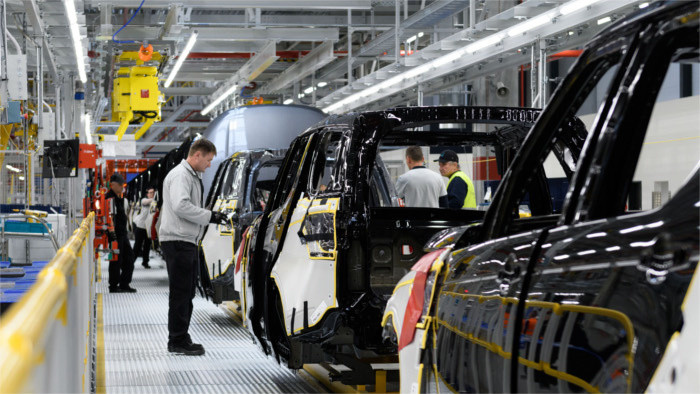A recent study carried out on behalf of the Slovak Car Industry Association showed that Slovakia's car industry is lagging behind in competitiveness when compared to other EU countries, including its neighbours from the Visegrad Four (V4) group (the Czech Republic, Poland and Hungary). The study was carried out by the independent Industriewissenschaftliches Institut in Vienna. The authors assessed competitiveness from the viewpoint of costs and innovations. They looked at the ratio between salaries (direct labour costs) and indirect labour costs, namely income tax and contributions for social insurance. It shows that Slovakia's indirect labour costs significantly exceed the EU average. The share of contributions towards social insurance paid by employers alone represents 23.5 percent of total labour costs. This burden is 4-9 percentage points lower in other countries involved in the study. Only the Czech Republic has a higher figure.
Since 2010, labour productivity has increased by 28.8 percent, while employee costs have grown by 44.1 percent. "Growth in labour costs exceeding growth in labour production implies increased unit labour costs and that Slovakia's car industry is decreasingly competitive in terms of costs," explained the study's author, Mikulaš Luptačik. Furthermore, Slovakia significantly lags behind in the proportion of researchers. While Germany's car industry has a rate of 10 percent of research workers, making it the leader in this area, researchers in Slovakia do not even represent 1 percent. For example, the figure in Hungary stands at 2 percent. If Slovakia wanted to achieve the levels of Hungary, Portugal, Spain or Poland, it would have to increase its expenditures on research and development by 50 percent.

